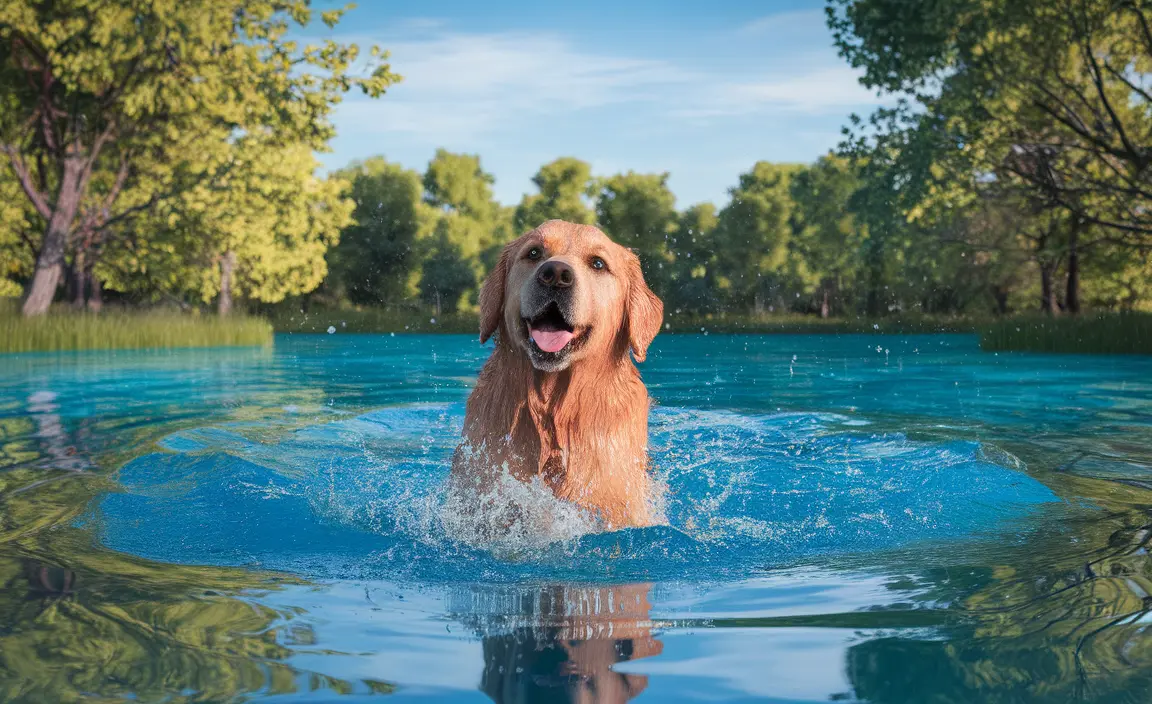Golden Retrievers are more than just adorable, fluffy dogs—they're renowned for their exceptional personality traits that make them one of the most popular dog breeds in the world. With their friendly demeanor, intelligent nature, and incredible capacity for love, Golden Retrievers have earned a special place in the hearts of families everywhere.
In this comprehensive guide, we'll explore the nuanced personality of Golden Retrievers, diving deep into their best qualities, potential challenges, and what makes them such extraordinary companions.
The Hallmarks of Golden Retriever Personality
Temperament: A Perfect Blend of Joy and Gentleness
The Golden Retriever personality is characterized by an almost magical combination of enthusiasm and gentleness. These dogs are naturally friendly, displaying an uncanny ability to make everyone—from children to strangers—feel instantly welcomed. Their sunny disposition isn't just a stereotype; it's a fundamental aspect of their genetic makeup.
Intelligence and Trainability: Learning with Enthusiasm
Golden Retrievers consistently rank among the most intelligent dog breeds. Their eagerness to please and quick learning capabilities make them exceptionally trainable. Whether you're teaching basic obedience or complex commands, these dogs approach training as an exciting game, making the process enjoyable for both dog and owner.
Managing Golden Retriever Energy and Exercise Needs
High-Energy Companions: Exercise Is Key
While their loving personality is endearing, Golden Retrievers come with significant exercise requirements. These energetic dogs need daily physical activity to maintain their mental and physical health. Regular walks, play sessions, and interactive games aren't just recommended—they're essential for preventing potential behavioral issues.
Mental Stimulation: Keeping Their Brilliant Minds Engaged
Beyond physical exercise, Golden Retrievers require substantial mental stimulation. Puzzle toys, training sessions, and varied activities help prevent boredom and potential destructive behaviors. Their intelligent nature means they thrive when consistently challenged and engaged.
Potential Challenges in Golden Retriever Ownership
Shedding and Grooming: A Commitment to Maintenance
One of the less glamorous aspects of Golden Retriever ownership is their substantial shedding. Their beautiful double coat requires regular brushing—typically 3-4 times per week—to manage loose fur and maintain coat health. Investing in quality grooming tools and establishing a consistent routine can make this challenge more manageable.
Health Considerations: Proactive Care Matters
Golden Retrievers are predisposed to certain health issues, including hip dysplasia and cancer. Regular veterinary check-ups, maintaining a healthy weight, and providing high-quality nutrition can significantly mitigate these risks. Responsible owners stay informed and proactive about potential genetic health concerns.
Social and Family Dynamics
The Ultimate Family Dog
Perhaps the most celebrated aspect of Golden Retriever personality is their extraordinary compatibility with families. They're remarkably patient with children, gentle with other pets, and adapt seamlessly to various household dynamics. Their intuitive nature makes them not just pets, but true family members.
Frequently Asked Questions
What are the best ways to train a Golden Retriever for obedience and behavior?
Use positive reinforcement techniques, including treats, praise, and consistency. Start training early, keep sessions short and engaging, and focus on building a strong, trusting relationship.
How much exercise does a Golden Retriever need to stay happy and healthy?
Adult Golden Retrievers typically require 1-2 hours of daily exercise, including walks, play sessions, and mental stimulation activities. Puppies and seniors may need adjusted exercise routines.
Why do Golden Retrievers shed so much, and how can I manage it?
Shedding is natural due to their double coat. Regular brushing, a balanced diet, and occasional professional grooming can help manage excessive fur. Consider using deshedding tools and maintaining a consistent grooming schedule.
Are Golden Retrievers prone to any specific health issues, and how can I prevent them?
They can be susceptible to hip dysplasia, cancer, and ear infections. Prevention includes regular vet check-ups, maintaining a healthy weight, providing quality nutrition, and staying informed about breed-specific health risks.
How can I help my Golden Retriever avoid separation anxiety while I'm away from home?
Gradually acclimate your dog to alone time, provide engaging toys, create a comfortable space, and consider crate training. For severe cases, consult a professional dog trainer or veterinary behaviorist.






